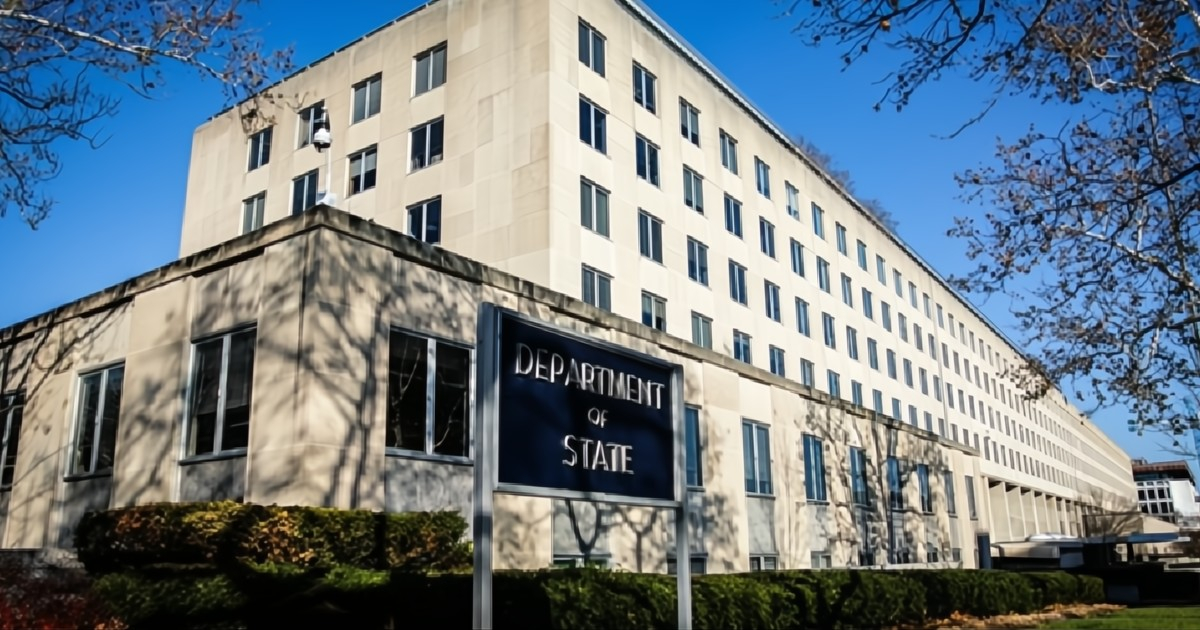The United States government has formally requested that Cuba extradite several individuals identified as criminals and terrorists, whom Washington claims are under the protection of Cuban authorities. This demand comes amid the newly-inaugurated administration of President Donald Trump, who reversed the removal of Cuba from the list of state sponsors of terrorism, citing the protection of criminals as one of the reasons for Cuba's inclusion.
During the commemoration of the 50th anniversary of the horrific bombing at Fraunces Tavern in New York City in 1975, U.S. Secretary of State Marco Rubio addressed the issue on his X account. Rubio stated, "On the 50th anniversary of the tragic Fraunces Tavern bombing, we honor the memory of those who perished. Cuba continues to harbor and provide safe haven to American fugitives and terrorists. We demand that American fugitives under the protection of the Cuban regime be brought to justice."
Among those whose extradition is being sought is William "Guillermo" Morales, allegedly the bombmaker involved in the Fraunces Tavern attack. A member of the Puerto Rican nationalist group FALN, Morales escaped from a U.S. prison in 1979 and has reportedly lived in Cuba since 1988, according to a State Department report. "We owe it to the victims and the American people to hold the Cuban regime accountable," the statement concluded.
Historical Context and Diplomatic Tensions
This latest request is set against a backdrop of fluctuating diplomatic relations and official designations. In January 2021, during his first term, President Donald Trump reinstated Cuba on the list of state sponsors of terrorism, arguing that the island supported international terrorism by sheltering American fugitives and Colombian rebel leaders.
Later, in January 2025, former President Joe Biden removed Cuba from the list as part of an agreement facilitated by the Catholic Church for the release of over 500 prisoners, including those detained during the 2021 anti-government protests. However, this decision was quickly reversed by President Trump upon assuming his second term on January 20th, reinstating Cuba on the list of state sponsors of terrorism.
Impact on Bilateral Relations
These actions have intensified tensions between the two nations, with the Cuban government condemning Trump's decision as "arrogant." Cuba's inclusion on the list carries strict economic and diplomatic sanctions, further complicating the island's already fragile economic situation and impacting bilateral relations.
In this environment, the U.S. demand for Cuba to extradite individuals considered terrorists and criminals adds another layer to the diplomatic complexities and could shape the future of relations between the two countries.
U.S.-Cuba Diplomatic Challenges
Why does the U.S. want Cuba to extradite certain individuals?
The U.S. believes that Cuba is harboring individuals identified as criminals and terrorists, and it seeks their extradition to bring them to justice.
Who is William "Guillermo" Morales?
William "Guillermo" Morales is allegedly the bombmaker involved in the 1975 Fraunces Tavern bombing in New York. He is a member of the Puerto Rican nationalist group FALN and has been residing in Cuba since 1988.
How has Cuba's status as a state sponsor of terrorism affected its economy?
Cuba's designation as a state sponsor of terrorism imposes strict economic and diplomatic sanctions, which exacerbate the island's already challenging economic situation.
